SEO vs. PPC: A Comprehensive Comparison for Your Digital Marketing Strategy
- Noice Marketing

- Mar 24, 2023
- 2 min read
Updated: Jun 9, 2023

When it comes to digital marketing, two popular strategies often come to mind: Search Engine Optimization (SEO) and Pay-Per-Click (PPC) advertising. Both methods have their unique advantages, and understanding their differences is crucial for developing an effective marketing plan. In this blog post, we'll provide a comprehensive comparison of SEO and PPC to help you make an informed decision for your digital marketing strategy.
SEO: Organic Search Traffic
SEO involves optimizing your website to rank higher in organic search results, which can drive targeted traffic to your site without paying for each click. The main benefits of SEO include:
Cost-effective: While SEO requires an investment of time and resources, it often provides a better long-term ROI compared to PPC.
Long-lasting results: Once your website ranks well, it can maintain its position and continue to generate traffic for an extended period.
Trust and credibility: High organic rankings signal to users that your website is authoritative and trustworthy.
However, SEO also has its drawbacks:
Time-consuming: SEO can take a minimum of 3-6 months to show results, depending on the level of competition in your industry, making it unsuitable for immediate needs.
Complexity: SEO involves numerous factors, including on-page optimization, off-page optimization, and technical SEO, which can be challenging to manage.
PPC: Paid Search Advertising
PPC involves creating ads that appear in search results or on partner websites, and you pay a fee each time a user clicks on your ad. The main advantages of PPC include:
Instant results: Your ads can start generating traffic as soon as they are live, which is beneficial for time-sensitive campaigns.
Targeting options: PPC platforms like Google Ads or Meta offer granular targeting options, allowing you to reach specific demographics or geographic locations.
Measurable performance: PPC campaigns provide detailed performance data, making it easier to track ROI and optimize your strategy.
However, PPC has some disadvantages:
Ongoing costs: Unlike SEO, PPC campaigns require continuous investment to maintain visibility and traffic.
Competitive bidding: Popular keywords can be expensive, and small businesses may struggle to compete with larger advertisers.
Which One Is Right for You?
The answer to this question depends on your specific business goals, budget, and industry. In general, if you're looking for immediate results and have the budget to support it, PPC may be the way to go. However, if you're looking for sustainable, long-term traffic and have the patience to invest in it, SEO is the better option.
It's important to note that SEO and PPC are not mutually exclusive, and many businesses use both strategies to achieve their digital marketing goals. By combining the strengths of both SEO and PPC, you can maximize your online presence and achieve even better results.
Conclusion
In summary, both SEO and PPC have their advantages and disadvantages, and the decision to use one or the other (or both) ultimately comes down to your business goals and budget. Noice Marketing can help you navigate these decisions and create a comprehensive digital marketing strategy that drives results for your business.
Ready to take the next step? Book a free consultation call with Noice Marketing and let us help you unlock the full potential of your digital marketing strategy.






Comments